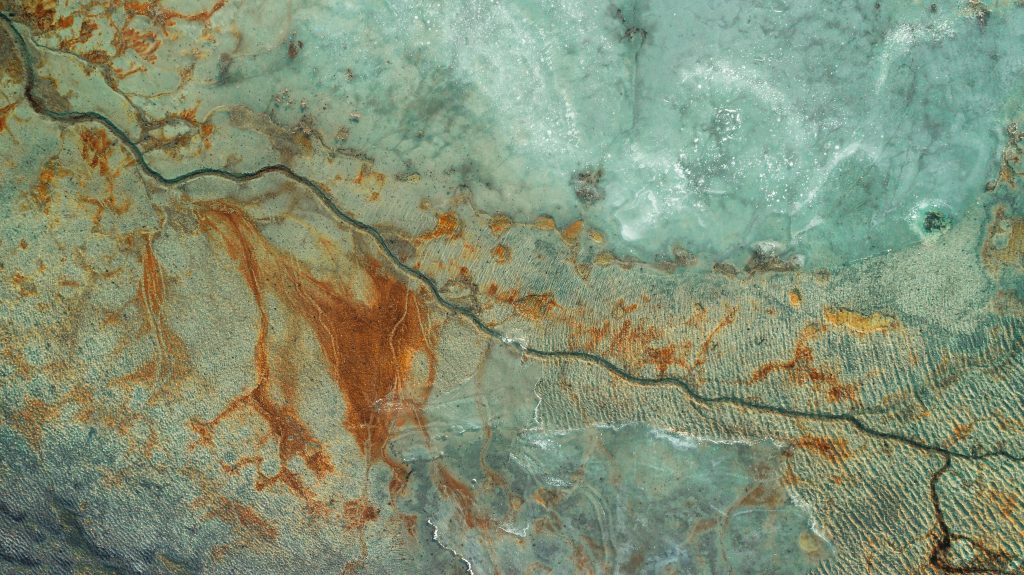
February 12, 2026

The transformation of the construction industry into a more sustainable and circular sector is one of the major challenges of modern society, as it is linked to two of the most pressing challenges of the 21st century, the environmental and housing crises. Educating tomorrow’s generation of professionals, who will shape a better future through their innovations and work, is the first step towards starting change and building a sustainable, digital and inclusive society.
The Wood for Sustainable Built Environment Summer School brought together experts from InnoRenew CoE Research Institute and the Faculty of Mathematics, Natural Sciences and Information Technologies of the University of Primorska, who shared their extensive knowledge with 16 participants from 10 countries, many of them coming to Izola from very distant countries in South America. The importance and excellence of the summer school was also recognised by the prestigious German foundation DAAD (Deutscher Akademischer Austauschdienst / German Academic Exchange Service) who included in its initiative “Go-East Summer- and Winter School 2024”, which supports the participation of German students in summer schools in Southern and Eastern Europe.
The programme coordinator of the summer school, Prof. Dr. Andreja Kutnar, also Head of the New European Bauhaus Academy Pioneer Hub for Sustainable Built Environments with Renewable Materials (NEBAP Hub) and Director of the InnoRenew CoE, gathered together a diverse team and prepared an even more diverse programme. Participants gained a range of new skills at the summer school that will better equip them for their future career paths. Under the guidance of renowned experts and researchers, they learned about the properties and applications of engineered wood products in construction, the characteristics and types of timber buildings, the acoustic properties of timber buildings, the basics of using digital tools in the design and study of built environments, and restorative environments and ergonomic design. The latter are particularly important as, in addition to environmental care, they also contribute to the experience and well-being of the users of built environments.
The lectures were accompanied by workshops where participants had the opportunity to test their knowledge with their own hands. In three groups, they created schematic models of houses that would be able to cope with all the challenges of the climate in Slovenian Istria. Each group focused on one feature and devoted their attention to it. The group led by Lea Primožič developed a model in accordance with the principles of restorative ergonomic and environment design (REED). Acoustics was the focus of Urban Kavka’s group and the moisture content of timber and timber buildings was the focus of Richard Acquah’s group. The work of all the groups was supervised by the renowned expert in the field of wood properties and manufacturing process, Assoc. Prof. Dr. Jakub Sandak.
The organisers also organised excursions to Škocjanski zatok, the Servite Monastery in Koper, Jelovica and IQ-Wood. They were also introduced to the world of business at lectures, where Uroš Gruden from URSA and Bogdan Božac from Lumar presented the companies’ stories and the path to success.
The summer school will also have a long-lasting impact, and the experience and knowledge gained by the lecturers will be invaluable for the preparation of a new first-level study course at UP FAMNIT called Wood Innovation for Sustainability and the future development of the NEBAP Hub. The new study programme is being developed as part of the Green, Digital and Inclusive University of Primorska (GDI UP) project.
The following people are most responsible for the success of the Summer School:
– Prof. Dr. Andreja Kutnar,
– Prof. Dr. Miklós Krész,
– Assoc. Prof. Dr. Anna Sandak,
– Assoc. Prof. Dr. Jakub Sandak,
– Assoc. Prof. Dr. Matthew Schwarzkopf,
– Assist. Prof. Dr. Rok Prislan,
– Assoc. Prof. Dr Michael Burnard,
– Assist. Prof. Dr Mohammed Derikvand,
– Mag. Eva Prelovšek Niemelä,
– Lea Primožič,
– Richard Acquah,
– Urban Kavka.